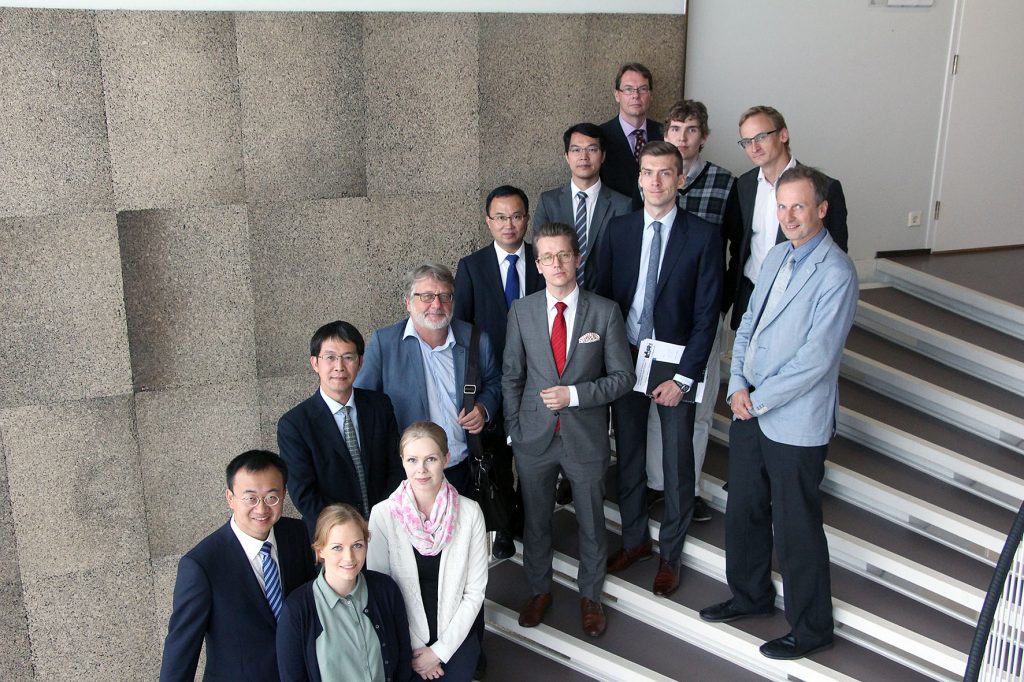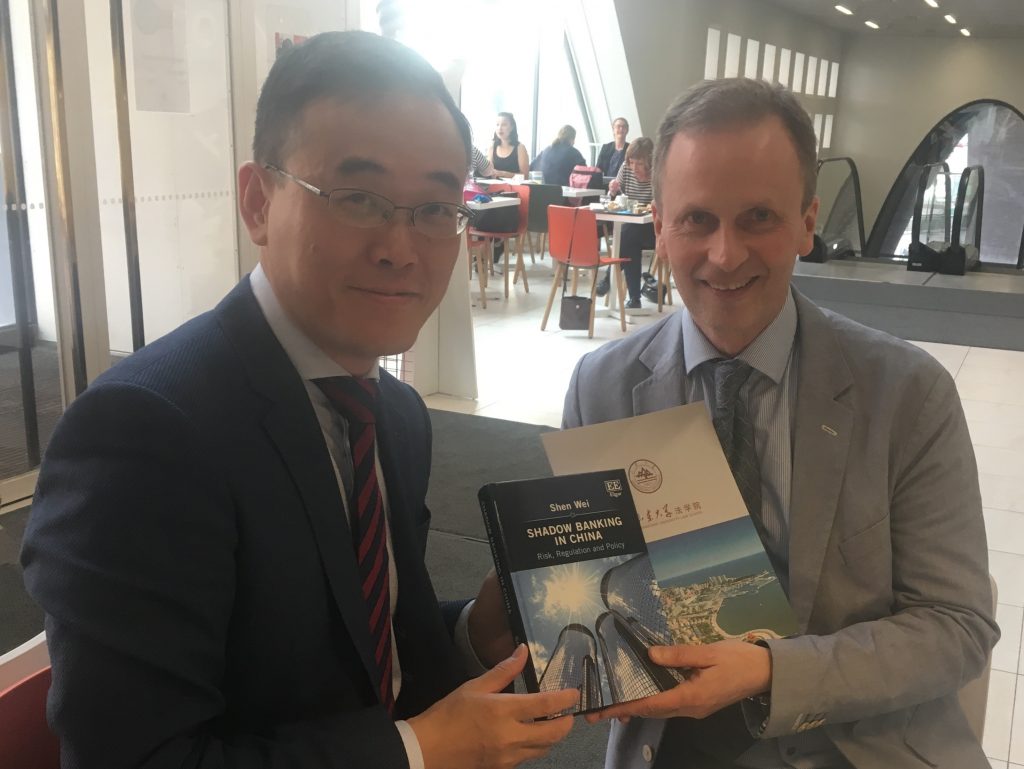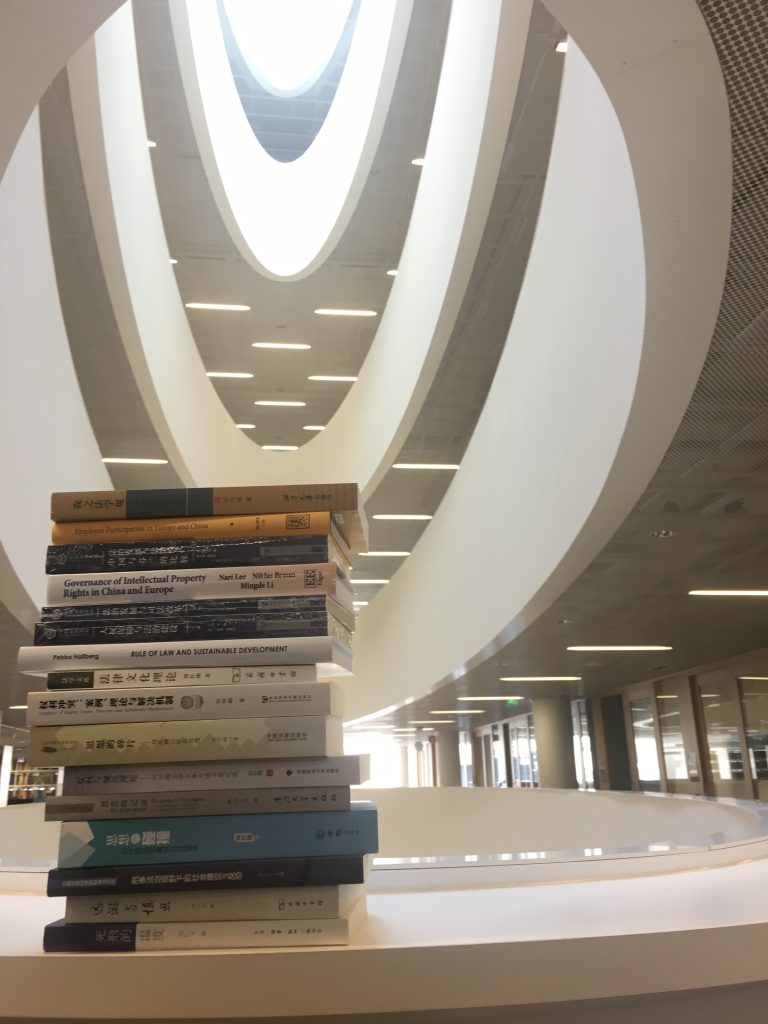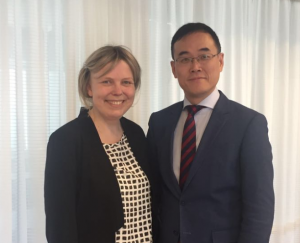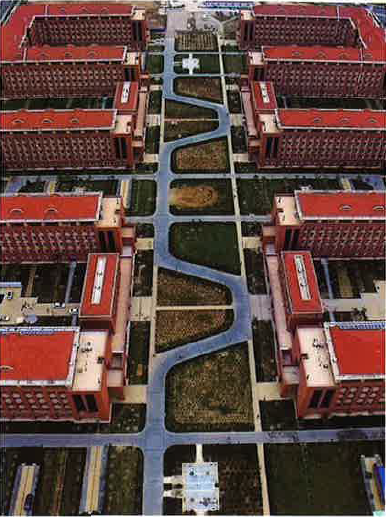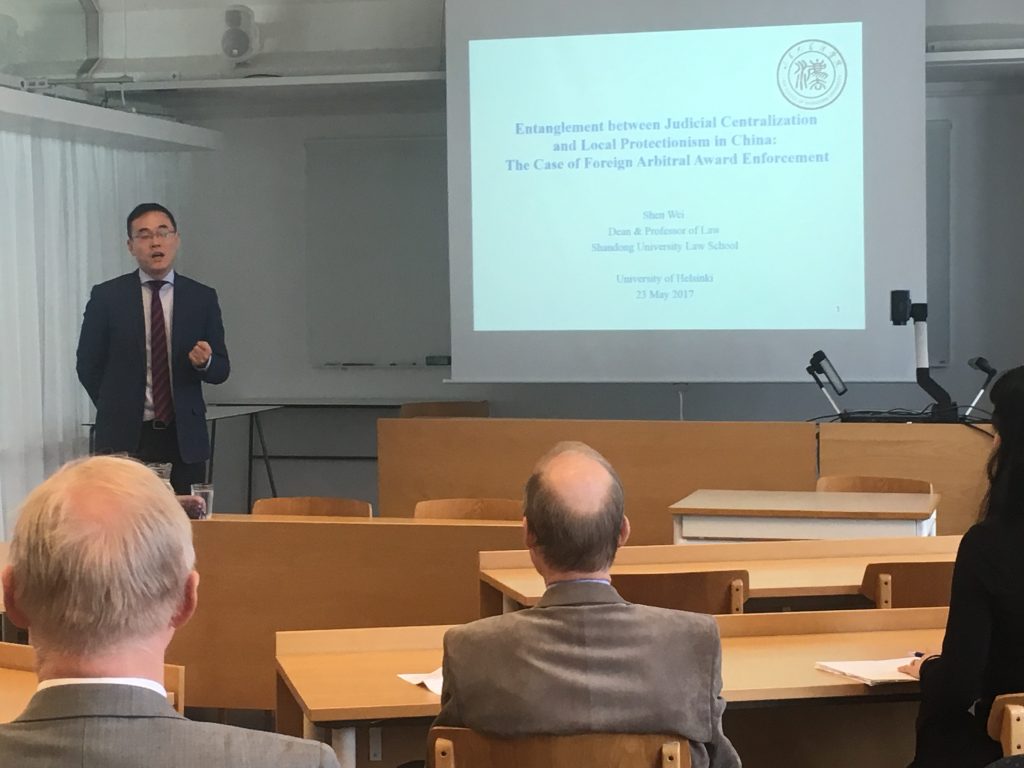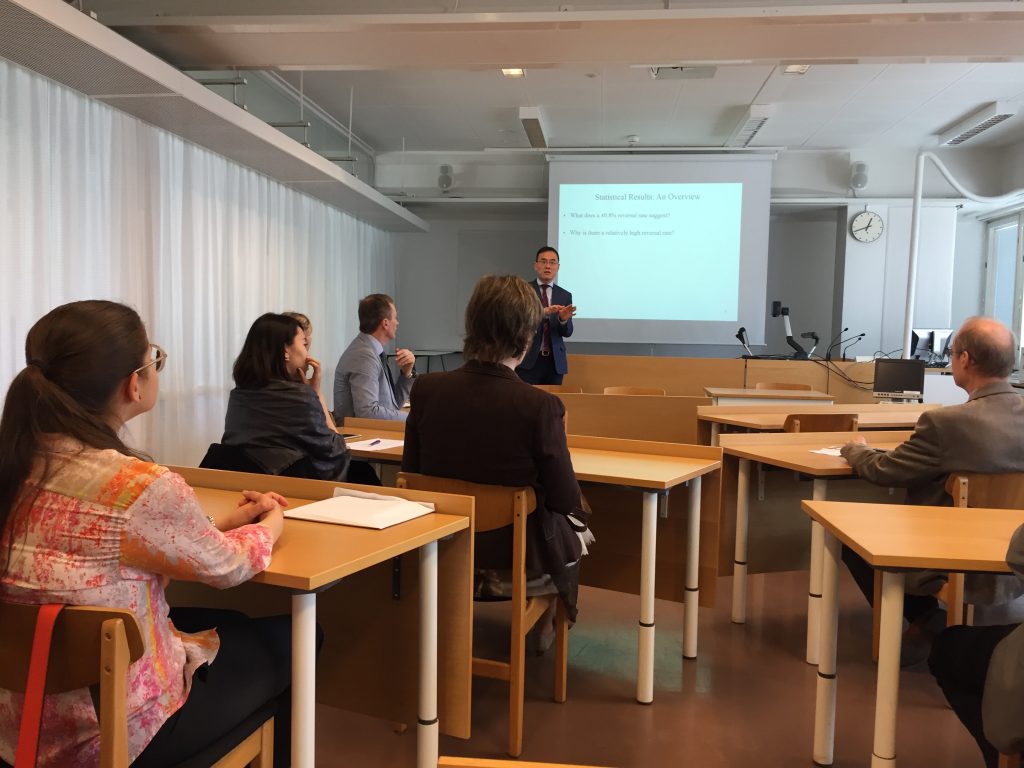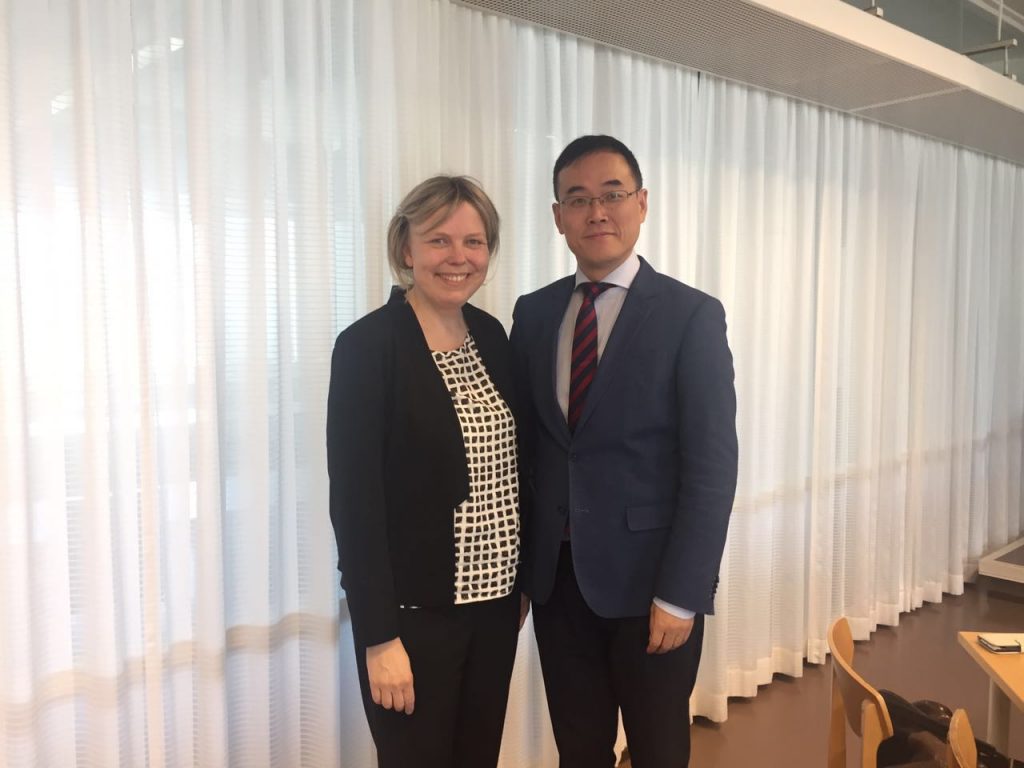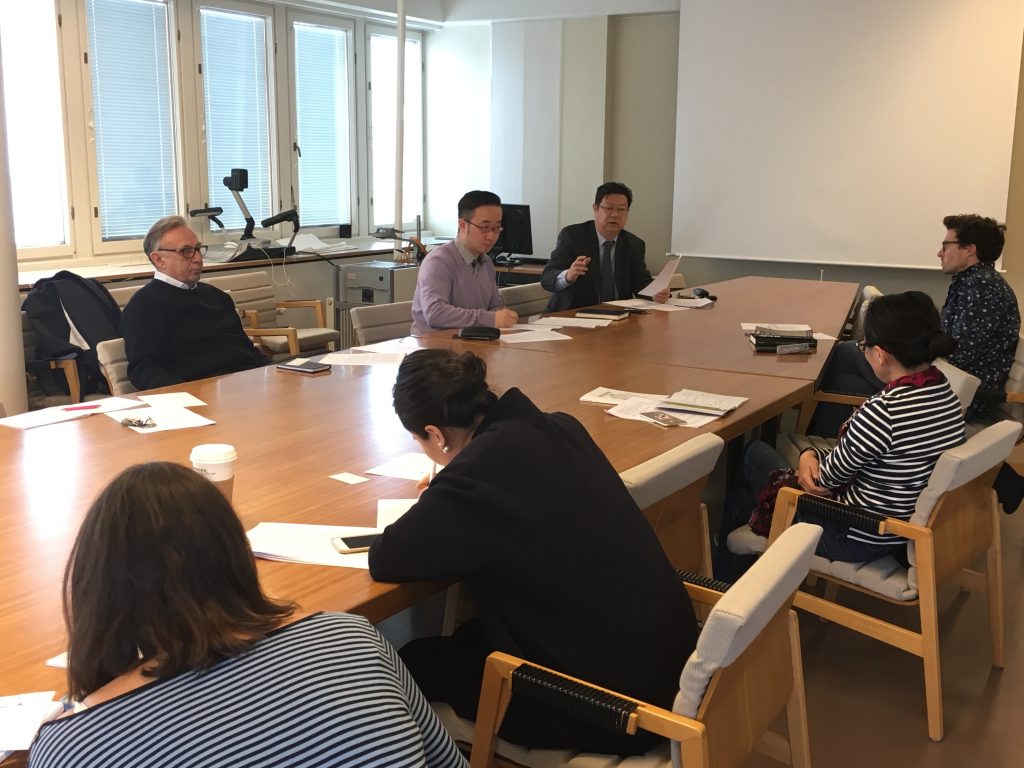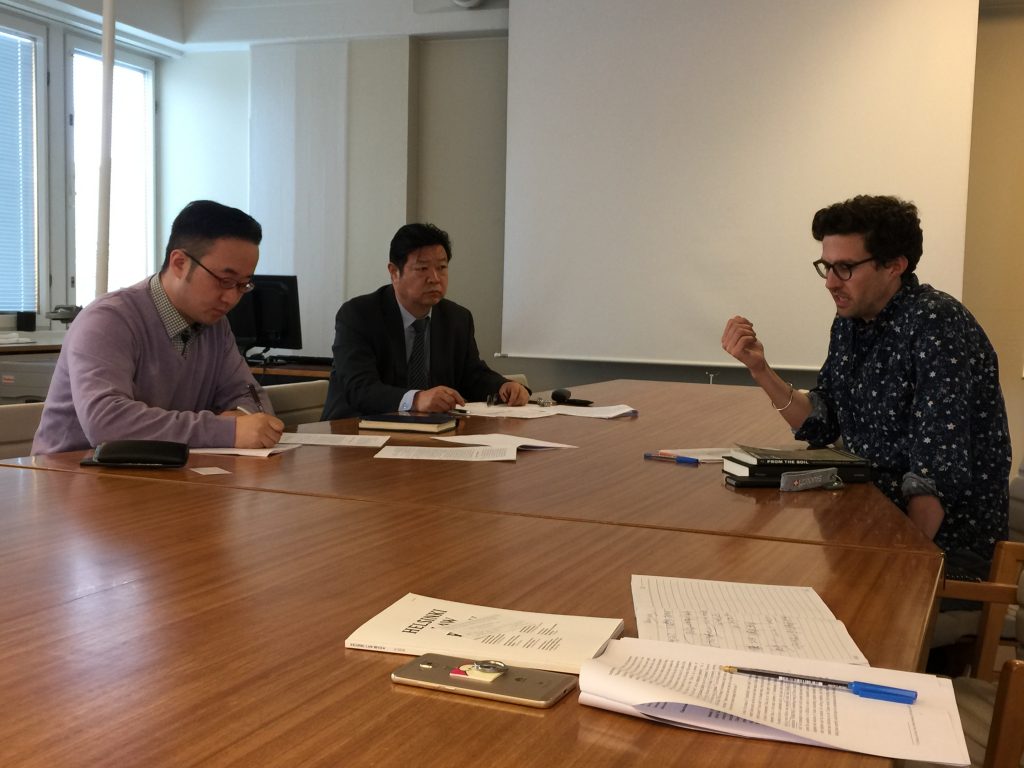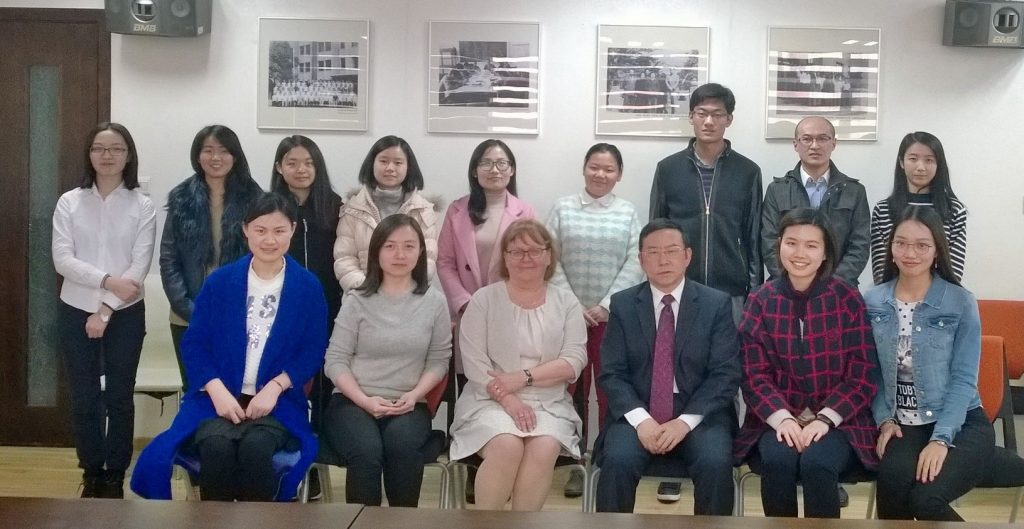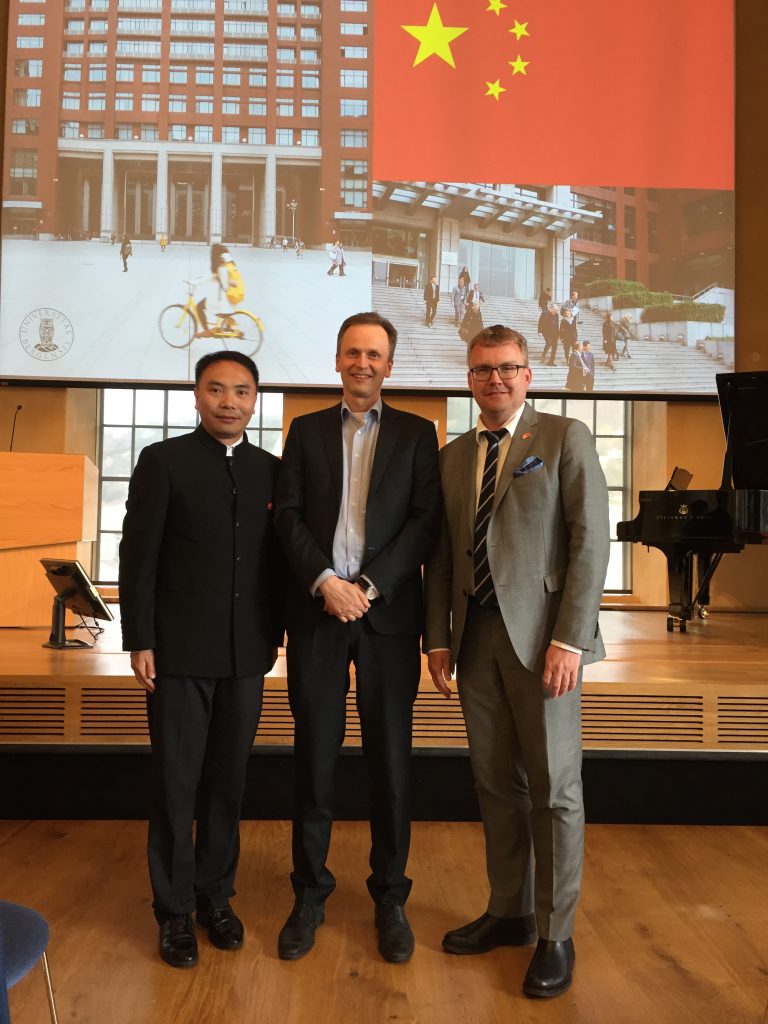
Welcome to the lectures by Professor, Liu Zuoxiang.
Professor Liu Zuoxiang is the Director of the Institute of Rule of Law and Human Rights, Shanghai Normal University, College of Philosophy, Law and Political Sciences. He is also the Vice director of Jurisprudence Institute of Chinese Law Society; Member of branch of Chinese IVR .
Chinese Structure of Social Order in a Period of Transformation
Time: 17th May 2017 at 2.15 pm-3.45 pm
Venue: Porthania Building, University of Helsinki, fifth floor, room P 545
Discussant:
Kangle Zhang, Research Fellow, Erik Castrén Institute
Guilherme Vasconcelos Vilaca, Postdoctoral Researcher, Erik Castrén Institute
After China advanced in 1996 the strategy of the rule of the country entitled “administering the country according to law and constructing a socialist country under the rule of law”, which was officially confirmed by the constitutional amendment in 1999, the issue of what kind of social order and structure pattern the Chinese society should undertake became a focus of academic debate in China for some time. Chinese scholars from the discipline of anthropology, sociology, cultural studies and legal studies have challenged the orthodoxy theory of rule of law in China. Professor Liu Zuoxiang’s talk on the “Chinese Structure of Social Order in a Period of Transformation” will discuss the disciplinary perspectives, their differences, and varying conceptions of the contemporary Chinese social order. Afterwards, Professor Liu Zuoxiang will introduce his research on the topic, focusing on the following issues:
Ⅰ. Rule of Li Order—Main Characteristics of the Traditional Chinese Social Order Structure
Ⅱ. Pluralistically Mixed Order—Main Characteristics of the Chinese Social Order Structure in the Period of transformation
Ⅲ. Chinese Scholars’ Views on State Law and Non-governmental Law
- How to treat the rural society in contemporary China: reality uncovered by a case study
- The focus of issues and conclusion
The Relationship between the Party Regulations and National Laws
Time: 30th may 2017 at 13.15 pm-14.45 pm
Venue: Porthania Building, University of Helsinki, fifth floor, room P 545
Discussant:
Kangle Zhang, Research Fellow, Erik Castrén Institute
In recent years, there is a new research focus in Chinese law field, along with some theoretical confusion: Party Regulations and National Laws. Such confusions are mainly manifested in the viewpoints of some Chinese scholars. Some scholars hold that the party constitution, the party rules and regulations should be considered as an integral part of law, the party constitution is the “unwritten constitution” of China, and the party regulations have been playing the role of law in effect. There are also scholars who proposed that the party rules itself is already a constituent part of law. So whether there is a boundary between the party regulations and national law or not?
While a lot of debates has centered on whether the party regulations have legal attributes, the fourth plenary session of the 18th Communist Party of China (CPC) Central Committee did not adopt this proposition. The session put forward that the general target of comprehensively implementing the fundamental principle of the rule of law is to “form the socialist system of laws with Chinese Characteristics and build a socialist country under the rule of law”. The “socialist system of laws with Chinese Characteristics” is distributed into five aspects as following: “form a complete system of laws and regulations, a highly effective system to ensure the rule of law is put into effect, a stringent system to oversee the implementation of the rule of law, and a robust system to guarantee the rule of law; put in place a well-defined system of Party rules and regulations.” It can be seen from these five systems that the first one is the system of laws and regulations and the fifth is the system of Party rules and regulations. This illustrates the fourth plenary session did not agree to regard the party rules as a part of the system of laws and regulations. There is no need to describe them separately if the party regulations are seen as the component part of law. However, the decision of the fourth plenary session did not patch up these arguments, the proposition about “the legal nature of party rules” is still in dispute. Especially after the party regulations were brought into the system of the rule of law, some scholars simply think that the party rules are a constituent part of law.
Professor Liu Zuoxiang will introduce his research on the relationship between the Party Regulations and National Laws.
